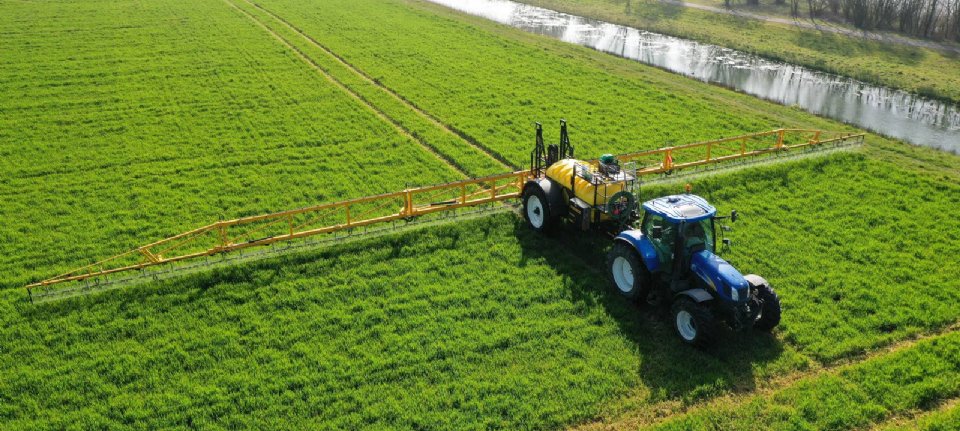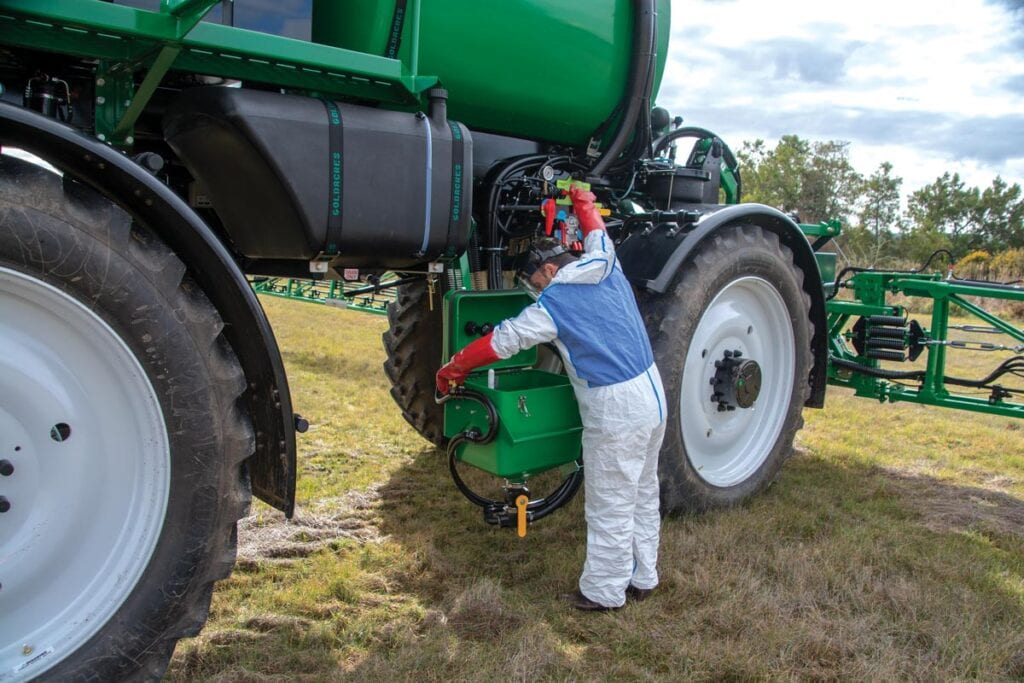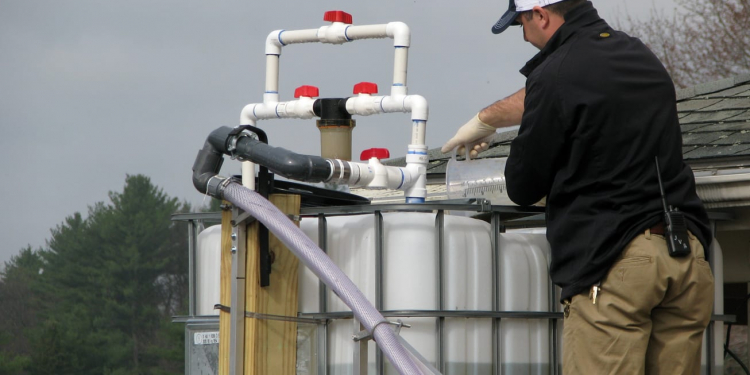In the Netherlands, 9.3 million kilos of crop protection products were sold in 2019. This is 1.4 percent less than the year before, according to figures from Statistics Netherlands (CBS).

Of the products sold in 2019, 42 percent was used for the control of fungi and bacteria, 29 percent for weeds and haulm killing and 21 percent for the control of insects and mites.
Sales of fungus control agents fell 9 percent to 3.9 million kilos. In the weed control group, the decrease was 8 percent. That sale is now at 2.7 million kilos. The sale of products for the control of insects and mites shows a significant increase of 22 percent in 2019. The sale of other resources, such as growth regulators, even increased by more than 27 percent.
Sold resources mainly intended for agriculture
Statistics Netherlands has published annual sales figures for crop protection products since 2011. During that period, sales fluctuated between 9.3 and 11.4 million kilos of active ingredient. The statistics office assumes that most of the resources sold are destined for agriculture. The figures published this week do not accurately reflect the share of agriculture and Statistics Netherlands notes that crop protection products are also used outside of agriculture.
Statistics Netherlands also reports separately for 2019 the sales figures of controversial crop protection products such as mancozeb and glyphosate. Mancozeb sales fell by 4 percent to 2.1 million kilos of active ingredient. With other fungicides the decrease is stronger by almost 15 percent, to a total volume of 1.8 million kilos.
17 percent less glyphosate deposited
The sales of glyphosate for 2019 will reach 0.6 million kilos and will decrease by 17 percent. With the other herbicides, the decrease is smaller by almost 5 percent to 2.1 million kilos. The sale of mineral oil, such as paraffin oil, for the control of lice rose by 18 percent to 1.6 million kilos of active ingredient. Other insecticides are 41 percent more sold.

With the other products, it is striking that more metam sodium has been sold again. An increase from 17,000 kilos in 2018 to 35,000 kilos in 2019. The largest increase of 44 percent in this category is in the sale of means for regulating plant growth. For this purpose, sales come to 0.55 million kilos.







